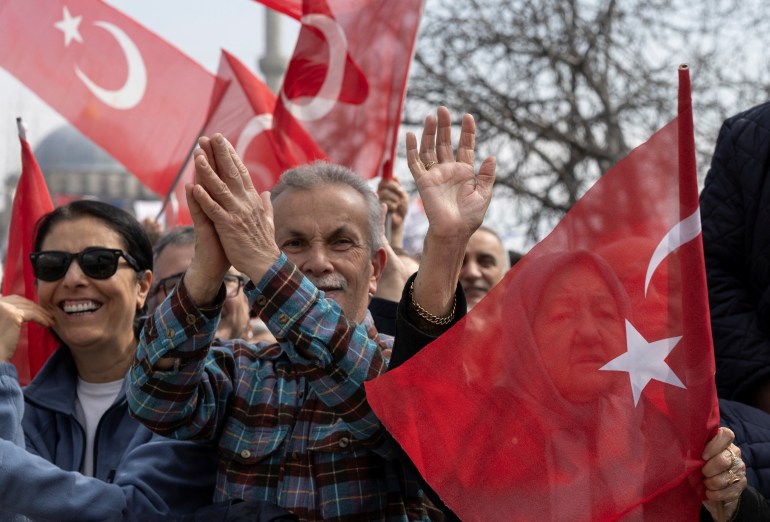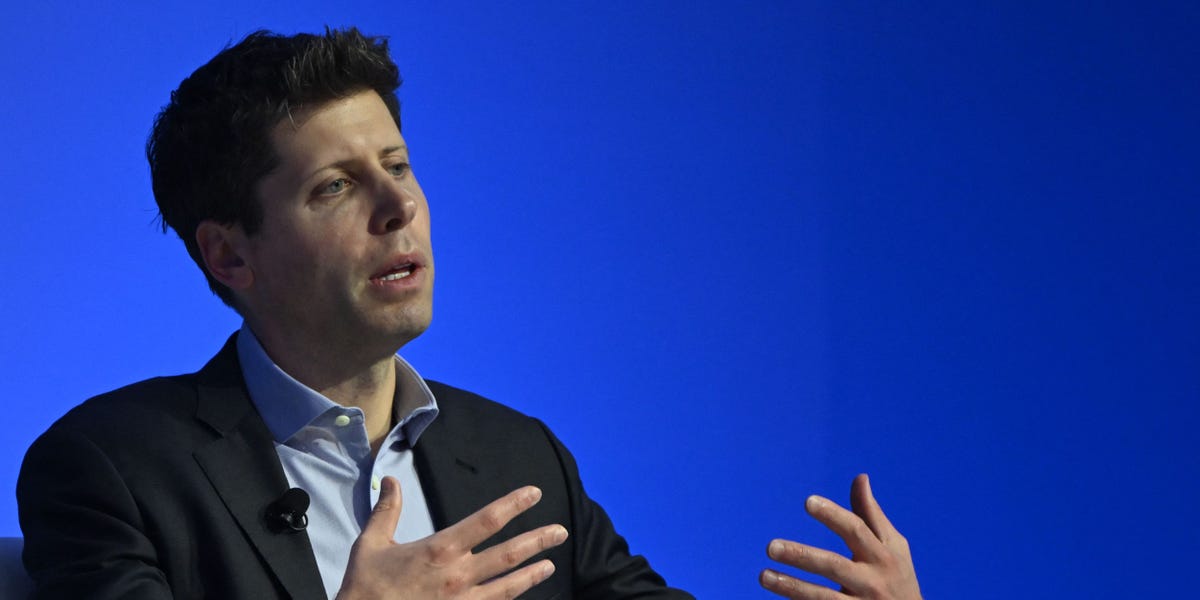Istanbul, Turkey– With the regional elections in Turkey approaching on March 31, concerns are mounting about the increased risk of false advertising and deception.
A video surfaced earlier this year, seemingly showing Istanbul’s opposition mayor praising President Recep Tayyip Erdogan’s ruling Justice and Development Party (AK Party). Ekrem Imamoglu, from the Republican People’s Party (CHP), is depicted in the video applauding the “significant progress” made in public transport projects during the AK Party’s administration of Istanbul.
While the video faced widespread skepticism due to Imamoglu’s “endorsement,” it also highlighted concerns about media manipulation in an election where the AK Party aims to reclaim cities lost to the opposition in 2019.
Instances of social scandals involving “leaked” recordings are not uncommon in Turkey. For instance, Deniz Baykal, the former CHP leader, resigned in 2010 following the online release of a sex tape. Similarly, in 2014, then-Prime Minister Erdogan denounced an audio recording implicating him in fraud as a fabrication.
Deepfake Technology and the Rise of Misinformation
Emre Ilkan Saklica, the director of the fact-checking project Teyit, emphasized the significant threat posed by fake videos and images in the upcoming election. The proliferation of misinformation through social media platforms, particularly in the form of manipulated content, has raised alarms.
Saklica noted that misleading content can swiftly circulate on social media, gaining traction and potentially influencing mainstream narratives. While advanced AI-generated content remains a concern, Saklica highlighted that low-cost fake videos are currently more prevalent.
In the lead-up to the elections, aside from the Imamoglu incident, several other controversies have emerged involving candidates vying for various positions, from city governors to village representatives.
One such case involved Gokhan Zan, whose mayoral candidacy under the Workers’ Party of Turkey in Hatay was retracted following allegations of a quid pro quo arrangement with TRT, Turkey’s national broadcaster.
Zan claimed that the incriminating recording was artificially created using AI and that he was subjected to threats and blackmail. These instances underscore the challenges posed by deceptive practices in the political landscape.
Combatting Disinformation and Preserving Democratic Processes
As the election approaches, concerns persist regarding the spread of disinformation and its potential impact on the electoral outcomes. Ejder Batur, the deputy president of the AK Party in Istanbul, accused the CHP of manipulating perceptions through deceptive advertisements to distort the party’s historical record in Istanbul.
Efforts to counter disinformation have gained traction globally, with legislation aimed at curbing the dissemination of fake news. However, critics argue that such measures could inadvertently restrict access to information and stifle free expression.
In the face of evolving disinformation tactics, organizations like Teyit play a crucial role in debunking false narratives. Despite challenges in correcting misinformation swiftly, stakeholders remain committed to safeguarding the integrity of democratic processes amidst the pervasive influence of deceptive content.









